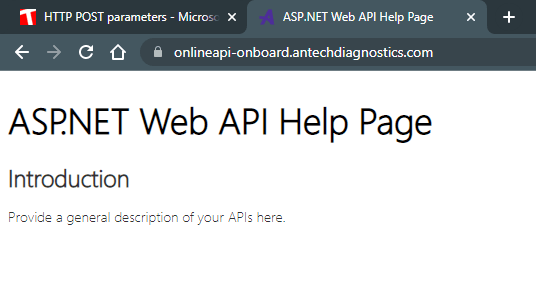Richard Guelzow
Programmer
Hi All,
I am trying to format this example for VFP:
URL: BODY: {
"ClinicID": "134727",
"UserName": "PIMS_USER",
"Password": "devtest"
}
I believe that the parameters are passed as part of the SEND and this is what I have so far. When I run this, I receive an Error 404 file/directory not found. Any thoughts on how to format the SEND? Thank you in advance. Richard
I am trying to format this example for VFP:
URL: BODY: {
"ClinicID": "134727",
"UserName": "PIMS_USER",
"Password": "devtest"
}
I believe that the parameters are passed as part of the SEND and this is what I have so far. When I run this, I receive an Error 404 file/directory not found. Any thoughts on how to format the SEND? Thank you in advance. Richard
Code:
PUBLIC oHTTP
m.oHTTP = CREATEOBJECT('Microsoft.XMLHTTP')
m.oHTTP.OPEN("POST", '[URL unfurl="true"]https://onlineapi-onboard.antechdiagnostics.com/v1.1/Users/login',.F.)[/URL]
m.oHTTP.SEND("ClinicID=134727?UserName=PIMS_USER?Password=devtest")
m.cResult = oHTTP.responseText
m.cStatus = m.oHTTP.STATUS
? m.cResult
? m.cStatus
